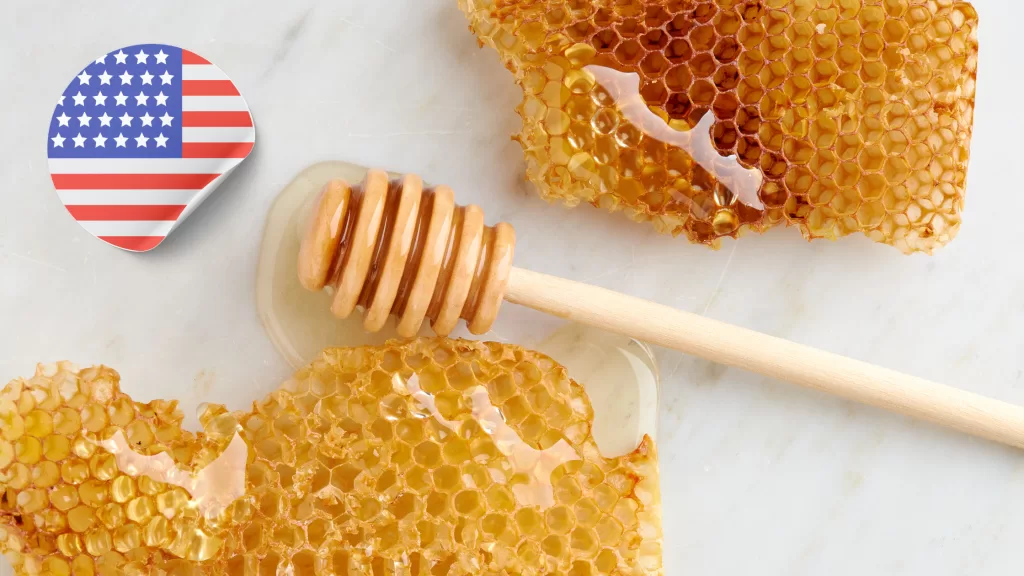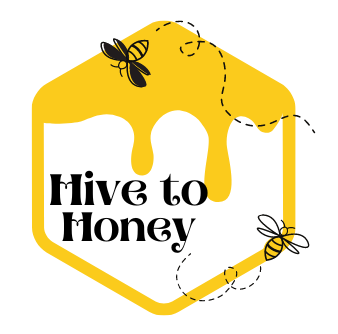Importance of Honey Bees for Ecosystems
The Importance of Honey bees for Ecosystems: Guardians of Pollination and Biodiversity
Honey bees play a vital role in maintaining the delicate balance of ecosystems worldwide. As pollinators, they facilitate the reproduction of flowering plants, including many agricultural crops and wild plants. Beyond honey production, honey bees contribute to biodiversity, food security, and the overall health of ecosystems. In this article, we will explore the significance of honey bees for ecosystems and shed light on their indispensable role in sustaining life on our planet.
Importance of honeybees for ecosystems:
Honey bees are exceptional pollinators and perform a critical service by transferring pollen from male flower parts (anthers) to female flower parts (stigma). This process fertilizes the plants, enabling them to produce fruits, seeds, and new generations of plants. Approximately 75% of the world’s leading food crops rely on pollinators like honey bees, including fruits, vegetables, nuts, and oilseeds. The pollination services provided by honey bees are estimated to contribute billions of dollars annually to global agriculture.
Honey bees contribute to the preservation of biodiversity. As they forage for nectar and pollen, they inadvertently transfer pollen between different plant species, aiding in the reproduction and genetic diversity of plants. By facilitating the pollination of a wide range of plants, honey bees support the health and resilience of ecosystems, ensuring the survival of various plant species, including those critical for wildlife habitats.
Honey bees can play a role in habitat restoration efforts. As they forage, honey bees visit numerous plant species and can aid in the dispersal of seeds, facilitating the regeneration of vegetation in degraded areas. By contributing to the growth and spread of plant species, honey bees support the restoration of ecosystems and help combat habitat loss and fragmentation.
The presence of honey bees and their pollination services benefit numerous wildlife species. Many animals rely on the fruits, seeds, and nectar produced by flowering plants for their survival. Honey bees help sustain the food web by ensuring the availability of these resources, indirectly supporting birds, mammals, insects, and other organisms that depend on plant-based food sources.
Honey bees themselves represent a remarkable genetic diversity. They exhibit regional adaptations and specific traits suited to different environments. Preserving and maintaining diverse honey bee populations is crucial for the long-term health and resilience of bee populations worldwide. Genetic diversity helps honeybees withstand environmental changes, pests, diseases, and other challenges they may face.
While the ecological importance of honey bees extends beyond honey production, the economic and cultural significance of honey cannot be overlooked. Honey has been valued by humans for centuries as a natural sweetener, food source, and medicinal ingredient. Honey production provides economic opportunities for beekeepers, supports local agriculture, and contributes to the cultural heritage of communities worldwide.
Honey bees are not just industrious insects that produce honey; they are ecological superheroes crucial for the functioning of ecosystems. As vital pollinators, honey bees ensure the reproduction of numerous plant species, including crops that form the foundation of our food systems. Their role in supporting biodiversity, habitat restoration, and wildlife populations further highlights their significance for healthy and sustainable ecosystems. Recognizing and protecting honeybees and their habitats is essential to maintain the delicate balance of our natural world and secure a thriving future for both humans and wildlife.
More From The Hive:

A Comprehensive Guide to Australian Honey: Types, Production, and Benefits
Australia is home to some of the world’s finest honey, known for its unique flavors, exceptional quality, and health benefits. Thanks to its diverse flora and pristine natural environment, Australia produces honey that reflects the rich biodiversity of its landscapes. Whether it’s the famous Manuka honey from the Leptospermum trees

An In-Depth Guide to Honey in the United States of America (USA): Types, Production, and Benefits
Honey, one of nature’s sweetest treasures, has been an integral part of human diets and cultures for thousands of years. In the United States of America (USA), honey production is not only a thriving industry but also a testament to the country’s diverse ecosystems. From the tropical blossoms of Florida

The Small Honey Bee (Apis florea): A Comprehensive Guide to One of Nature’s Tiny Pollinators
The Small Honey Bee, scientifically known as Apis florea, is one of the lesser-known species of honey bees, yet it plays a vital role in the ecosystems of Asia and parts of the Middle East. Despite its size, the Apis florea bee is a remarkable pollinator, and its unique biology

Exploring the Sweet Diversity of Canadian Honey: A Guide to Types and Flavors
Canada is home to a rich tapestry of landscapes and climates, each contributing to the unique flavors and types of honey produced across the country. From the prairies of Alberta to the forests of British Columbia, Canadian honey reflects the diverse flora that bees visit. In this blog, we will

The Rock Honey Bee (Apis laboriosa): Guardians of the Himalayan Honey
The Rock Honey Bee (Apis laboriosa) is an awe-inspiring species that thrives in the rugged landscapes of the Himalayas, where it builds massive nests on vertical cliffs. Known for producing highly prized wild honey and for its ability to endure extreme mountain conditions, this bee species has captivated researchers, beekeepers,

The Giant Honey Bee (Apis dorsata): Nature’s Fearless Honey Maker
The Giant Honey Bee, scientifically known as Apis dorsata, is a remarkable species native to South and Southeast Asia. Known for its impressive size, bold temperament, and incredible honey-producing capabilities, this bee plays a crucial role in the ecosystem and supports human livelihoods. Despite its importance, the Giant Honey Bee
